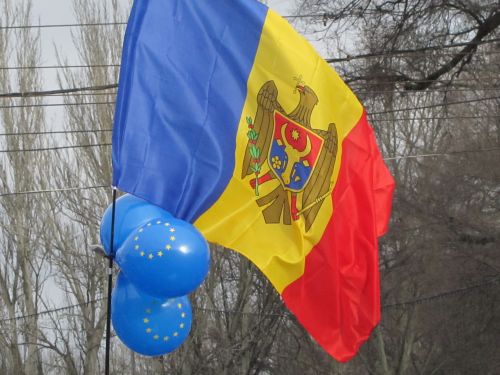
The reconstitution of the Alliance for European Integration shows the European Union’s gravitational attraction prevails over Russia’s in Moldova. The EU and Russia had directly competed over the outcome of the electoral campaign and post-election coalition negotiations, Info-Prim Neo reports, quoting the political analyses website www.jamestown.org.
According to the website, President Dmitry Medvedev’s administration coordinated Russian political operations in Moldova starting in the fall of 2009. Presidential administration head, Sergei Naryshkin, himself visited the country several times and also hosted a number of meetings in Moscow to broker a communist-based, left-of-center Moldovan government coalition.
Russia’s presidential administration has directly involved itself in all three parliamentary elections that were held in CIS countries during 2010: Ukraine, Kyrgyzstan, and Moldova. In each of the three cases, the presumed “progressive” Medvedev reached out to strengthen backward-looking, Soviet-bred political forces.
For its part, the EU redoubled its offers of European integration perspective, financial assistance, economic cooperation programs, and travel visa facilitation for Moldova. It also multiplied the visits of European officials to Chisinau, clearly demonstrating its preference for the AEI to win the election and form a durable government. These overtures significantly boosted the AEI during the electoral campaign and the lengthy post-election negotiations on forming a coalition government.
The EU’s message ultimately tipped the balance in AEI’s favor during the post-election stage. It holds out a realistic prospect of negotiating association and visa liberalization agreements, and a deep and comprehensive free-trade agreement between the EU and Moldova.
Moscow has no outright pro-Russian party to work with in right-bank Moldova. The most that Moscow can hope to achieve in Chisinau is a turn from the current Western orientation to a two-vector policy of equidistance between the West and Russia.
Meanwhile, Moscow and the Moldovan Communist Party deeply distrust each other, as do Tiraspol and the Moldovan communists. A center-left coalition could have slowed down Moldova’s European course, to Moscow’s satisfaction, according to www.jamestown.org.

